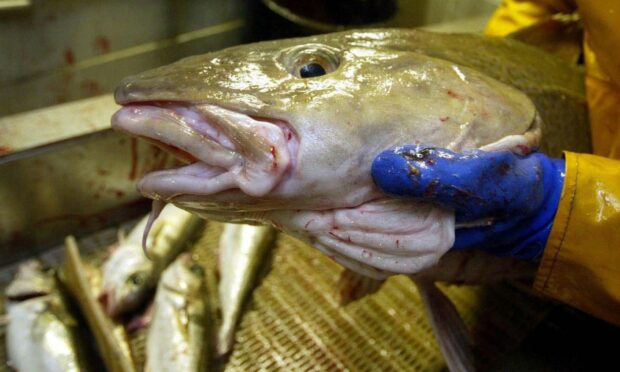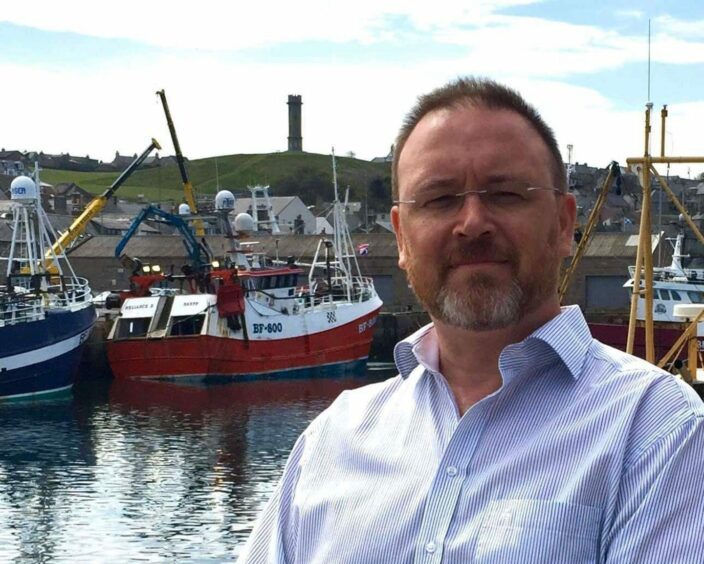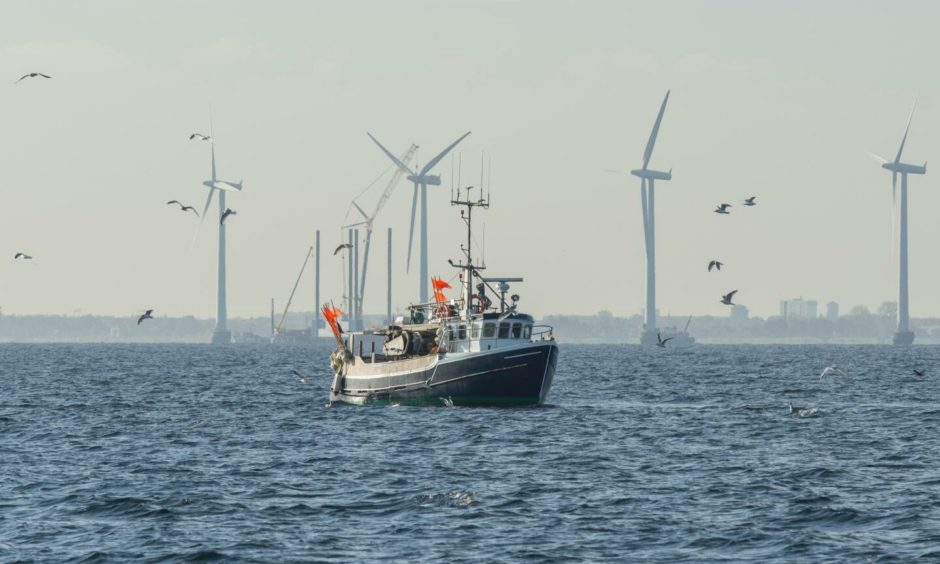Controversial plans for Highly Protected Marine Areas (HPMAs) sparked more than 4,400 responses before the consultation deadline, Scottish Government figures show.
Ministers handed a £35,100 contract for trawling through them to research and evaluation consultant Dawn Griesbach.
Her Crieff-based business, Griesbach & Associates, is tasked with delivering “robust and timely analysis” and reporting on the responses to the consultation, in order to inform future policy.
HPMA costs total nearly £100,000
A further £54,367 has been spent on an HPMA sustainability appraisal, while nearly £7,000 went towards the cost of consultation documents. The contract won by Griesbach & Associates and other costs put the total amount spent by the government on HPMAs to date at nearly £100,000.
The consultation response figures and costs were prompted by a Freedom of Information request.
Of the 4,415 responses received, 2,569 were “substantive” and 1,846 were in the “campaign” category. “Campaign” respondents simply add their name to standard text.
The consultation ran from December 12 2022 to April 17 2023. The analysis work has a deadline of July 5.
According to Banff and Buchan Conservative MP David Duguid, responses will reflect “fear and anger among fishing communities” over the “unworkable” plans for HPMAs.
Mr Duguid added: “The high number… shows there is a huge interest in this and a need to get these plans right. I believe most of the substantive responses will emphasise the fear and anger among fishing communities who believe these proposals will decimate the industry and their livelihoods.
“Across Banff and Buchan, I have heard from several businesses and fishermen who have responded to the consultation and outlined the devastating consequences these unworkable HPMA plans would have on our coastal communities.”
The MP continued: “Throughout the consultation period there has been a total disconnect between policymakers in Edinburgh and the fishing sector, who have been treated like the industry doesn’t exist.
“If the SNP-Green government properly engaged with the fishing industry in the first place, then some of this £100,000 spending bill could have been saved. Instead, the Scottish Government has recklessly ploughed on without a thought for the sector, despite opposition against the proposals.”
Mr Duguid said he had written to the first minister calling for the proposals to be “reconsidered”.
He added: “I hope Humza Yousaf will finally realise he needs to sink these plans, even if it upsets his green coalition partners and environmental NGOs non-governmental organisations) who have precious little regard for the fishing industry and coastal communities.”
There has been a total disconnect between policymakers in Edinburgh and the fishing sector.”
David Duguid MP
Scottish Fishermen’s Federation chief executive Elspeth Macdonald said: “The strength of opposition to HPMAs across Scotland’s coastal communities and within the seafood sector is immense.
“We sincerely hope this is reflected in the consultation responses.
“If it wants to preserve jobs in these fragile areas, the Scottish Government needs to drop its plan to ban fishing in 10% of Scotland’s waters and go back to the drawing board.”
HPMA deadline just three years away
Ministers have committed to designate at least 10% of Scotland’s seas as HPMAs by 2026. These sites will provide high levels of protection by placing strict limits on some human activities, such as fishing and aquaculture, while allowing some “non-damaging activities” to take place at “carefully managed levels”.
What do ministers say about the consultation response?
A Scottish Government spokesman said: “Our seas must remain a source of prosperity for the nation, especially in our remote, coastal and island communities. It is vital that those communities help shape how we enhance protection of our marine environment, which is why we chose to consult as early and widely as possible on the principles of HPMAs, with no pre-determined sites.
“Engaging with people to design and develop policy is at the heart of the Scottish Government’s approach and these costs are similar to other consultations.
“Ministers recognise there is considerable strength of feeling on this issue – from those who support it and those who have concerns. We have begun analysing responses to the consultation and the cabinet secretary will provide an update to parliament next week.”



